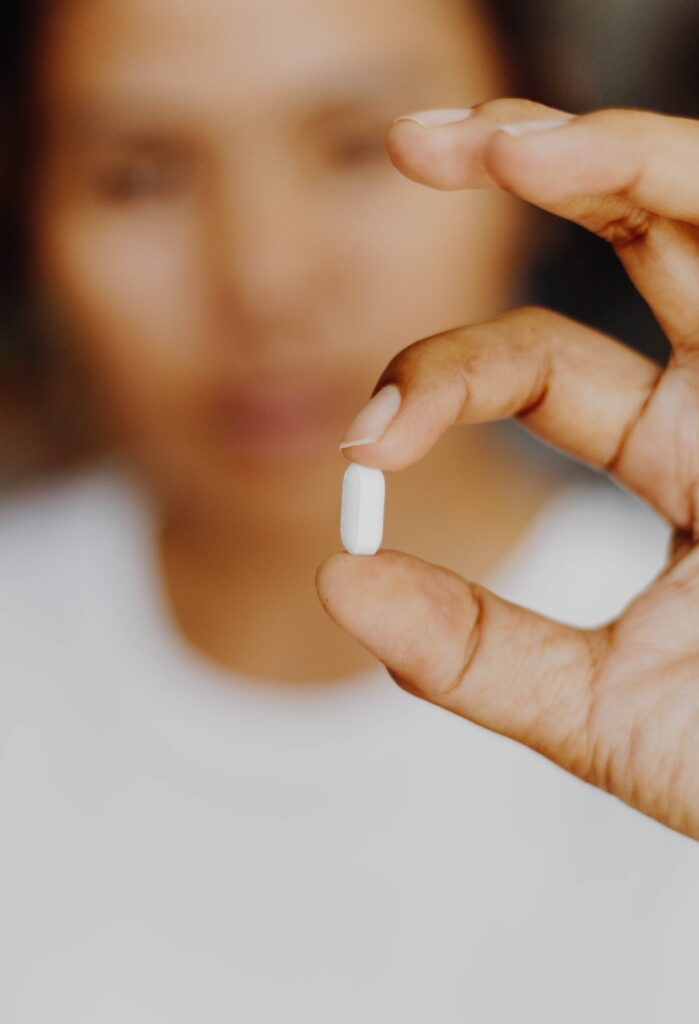Free shipping on all orders over $50 | Subscribe & save 15%
Free shipping on all orders over $50 | Subscribe & save 15%

Interstitial Cystitis (IC) is a chronic condition that causes discomfort in the pelvic area and bladder. It also disrupts urinary function. This condition affects millions of women and men worldwide. Managing IC symptoms can be challenging, and patients often explore various treatment options to find relief.
In this article, we delve into the connection between probiotics and IC. We’ll examine the existing research and address the critical question: Can probiotics provide relief for those grappling with IC?
People also know IC as bladder pain syndrome. A hallmark of this condition is persistent discomfort in the pelvic region and disruptions to urinary function.
Currently, the exact cause of IC remains unknown. This makes it difficult for doctors to treat and diagnose. For many patients, their treatment options focus on symptom management rather than a cure.
Did you know we have more bacteria in our bodies than human cells? Recent studies have spotlighted the relationship between gut health and various bodily functions, including the urinary system.
The gut microbiome is a community of trillions of microorganisms living in our digestive tract. They help to regulate the immune system, influence inflammation, and maintain overall health. A new theory points to disturbances in the gut microbiome as a cause of conditions like IC.

Probiotics, often referred to as “good” or “friendly” bacteria, help your body maintain a healthy community of microorganisms. You can find these microorganisms in fermented foods like yogurt, kefir, and sauerkraut. For people with IC, these foods may trigger an IC flare and be difficult to consume. That’s why many choose to receive their probiotics in supplement form.
Probiotics may contribute to a balanced microbiome in the gut and the urinary tract. The theory is that “good” bacteria in the urinary tract might help with IC-related symptoms, such as bladder pain and urinary urgency. Still, further research is needed to determine the effect on specific urological infections, like IC.
Research has discovered that certain probiotic strains have positively influenced the urinary symptoms of urogenital infections in women. While this study focused on conditions, such as bacterial vaginosis (BV) and urinary tract infections (UTIs), their symptoms are similar to those of IC.
Not all probiotics are created equal. When choosing probiotics for IC, select strains that can improve your gut and help with urinary health.
Many supplements include Lactobacillus and Bifidobacterium for their potential health benefits. There may be a link between Lactobacillus rhamnosus and its impact on urological conditions.
Take note: a healthcare provider can offer personalized advice based on your individual health status. They can help you choose the perfect probiotic that aligns with your overall treatment strategy for IC.
Whenever you’re introducing something new into your routine, it’s best to consult your doctor. Fortunately, probiotics are generally considered safe for consumption. As a person with IC, you know how sensitive your bladder is. It’s important to pick a probiotic without allergens that could make your IC symptoms worse.
When taking probiotics, some people may experience mild digestive discomfort, such as bloating or gas. These symptoms often subside as the body adjusts to the introduction of new microorganisms. Start with a lower dosage and slowly increase it to minimize the risk of adverse reactions.

In some cases, probiotics can help with IC. Probiotics help to nourish the urinary tract with good bacteria and soothe bladder discomfort. Keep in mind, many foods that contain probiotics may irritate your sensitive IC bladder. If you choose to use a probiotic supplement, make sure you’re selecting the right probiotic strains.
As scientists learn more about the link between the gut and bladder, adding probiotics to your IC plan may help. However, it’s essential to stay informed, remain open to emerging research, and work collaboratively with your doctors.
For more informative blogs, resources, and support, subscribe to our newsletter and stay up to date on the latest.
We promise we won’t spam you! Just a monthly recap of our favorite wellness tips, updates and more.